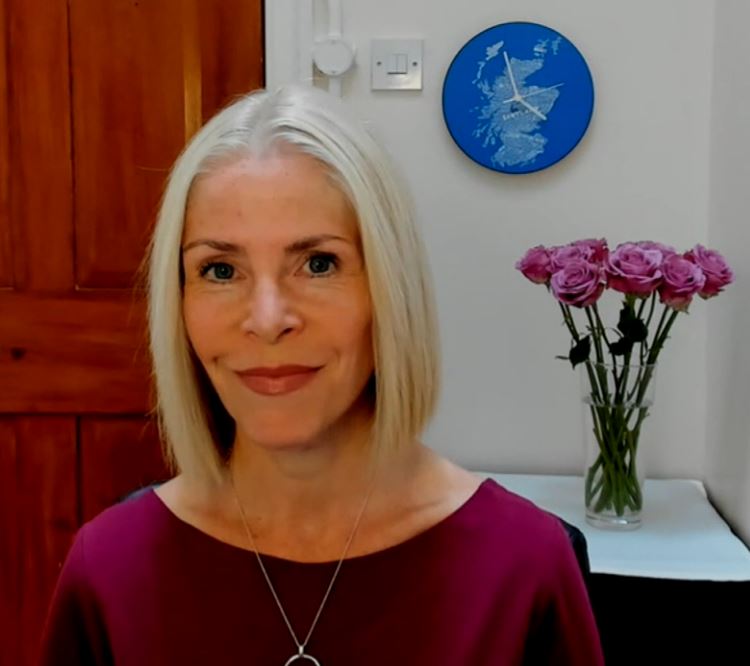
Professor Linda Bauld is the Bruce and John Usher Chair of Public Health in the University of Edinburgh, and cancer prevention advisor to Cancer Research UK. Her research focuses on the evaluation of complex public health interventions and on the use of evidence to inform health policy. Linda was born in Scotland and grew up in Canada and was a champion debater at school and University. She moved into public health research following her PhD. Prof Bauld has played a significant role in the monitoring and evaluation of a range of tobacco control policies including seminal research on the use of financial incentives to support smoking cessation. She served as the UK government’s scientific adviser on tobacco control from 2006 to 2010. She is currently an advisor to the Scottish Parliament’s COVID-19 committee. She advises on policy, provides comments in the media, collects and analyses data, and leads collaborative research on a range of public health topics.
When/where do you get your best research ideas?
I have two main sources for these: discussions with colleagues, often several discussions where we jointly identify a gap and decide to pursue it. Also, I find that while on a walk or run is a good time to think and plan.
Which failure(s) changed you the most?
I experienced a period a number of years ago where a series of funding proposals I’d worked on were all rejected. Unsuccessful grant applications are to be expected and are a learning experience but when they happen one after the other you can become disheartened. That period prompted me to diversify and branch out into several different areas of cancer prevention and public health, which with hindsight was a good thing.
If I wasn’t a public health researcher, I’d be…
Probably a solicitor or a barrister. I considered studying law during the first couple of years of my undergraduate degree- in Canada, it’s commonly a postgraduate qualification. I was involved in debating at school and University and that’s what some of my peers went on to study. But I was too interested in research.
I’m inspired most by…
My students and the early career researchers I’ve worked with. When you are lucky enough to work with a curious and highly motivated early-career colleague it’s just brilliant and makes even mundane tasks seem more worthwhile
What advice would you give to someone starting their first research group?
Find a mentor if you don’t already have one – or a couple of mentors. I had two more senior academics who were a huge support to me as I moved from being a postdoc working as a named researcher on projects to becoming more independent and establishing my own team. I learned a lot from them.
What’s the next big thing in cancer prevention? What will be the game changers?
My work in cancer prevention is mostly at the population level, developing and evaluating (as well as making the case for) policies and interventions. I think the next step is for us to begin to see a gradual decline in levels of overweight and obesity. There are positive developments at UK and devolved nations level on that front, and for the past two years, I’ve been working on an independent healthy weight strategy with the Obesity Health Alliance. It will set out an even more ambitious longer-term plan and will include research gaps that need to be filled.
What is your favourite paper that you’ve published in the last 5 years?
This paper is just over five years old but I’m most proud of it because it’s finally helped change NICE guidance just in the past few weeks (draft guidance currently out for consultation). Our phase II trial found that financial incentives when combined with stop smoking support were effective in helping pregnant women to quit. But as this was a pilot trial we’ve been conducting a larger multi-centre trial for the past three years and have started to work on the results paper for that. All of this started with a small feasibility study over a decade ago so the paper is an example of a long term programme of work.
Which would you like to be associated with most: smoking cessation, COVID-19, or flowers?
Based on the emails and letters I receive at the moment it’s probably the flowers. They are very popular! It was such a simple thing to decide at the start of the pandemic to put a vase on top of the small filing cabinet in my box room study at home. I think it gave people something positive to look at while I was being interviewed about what was and is a difficult and mostly negative subject (COVID-19). I’ve got a plant identifier app on my phone now, so when I spot a flower I don’t recognise when out I can find out what it is. On a more serious note, I’d really encourage any researchers who are keen to get involved in science communication and work with the media to do so. While it’s not for everyone it is worthwhile, with or without flowers…
The views expressed are those of the author. Posting of the blog does not signify that the Cancer Prevention Group endorse those views or opinions.
Share this Page

Leave a Reply